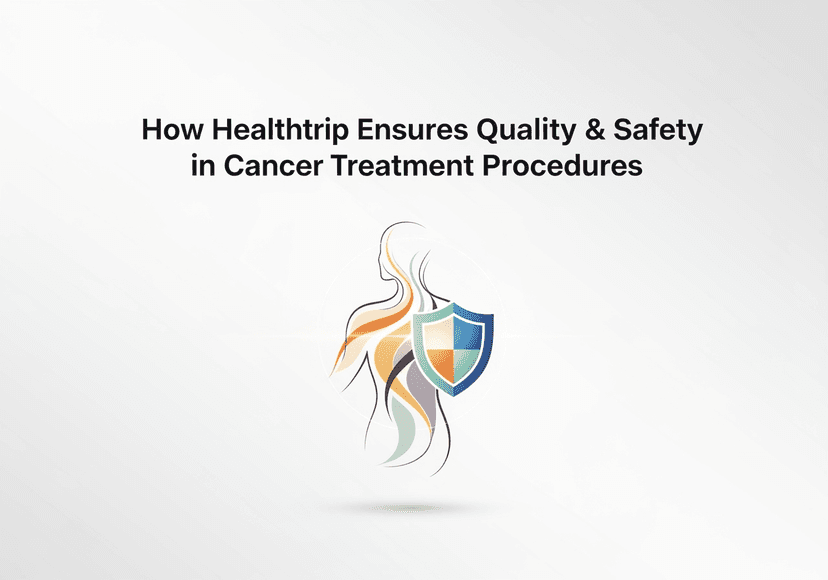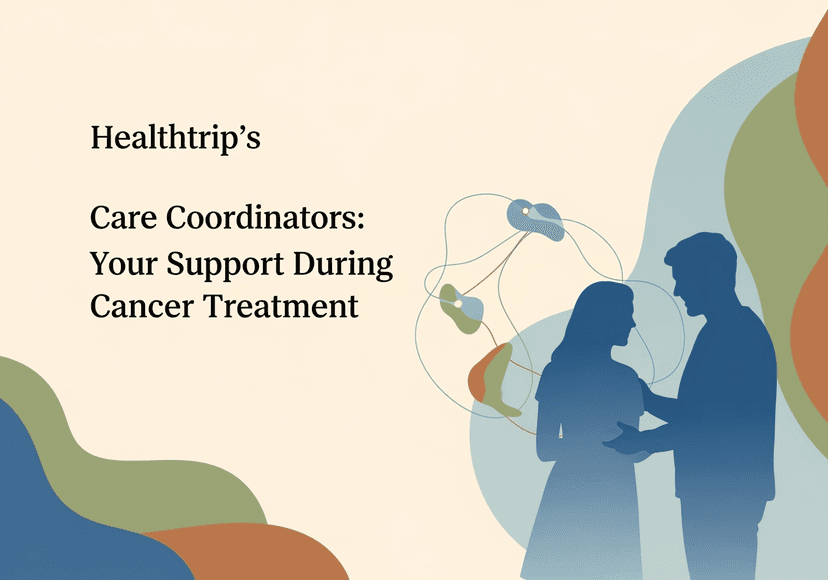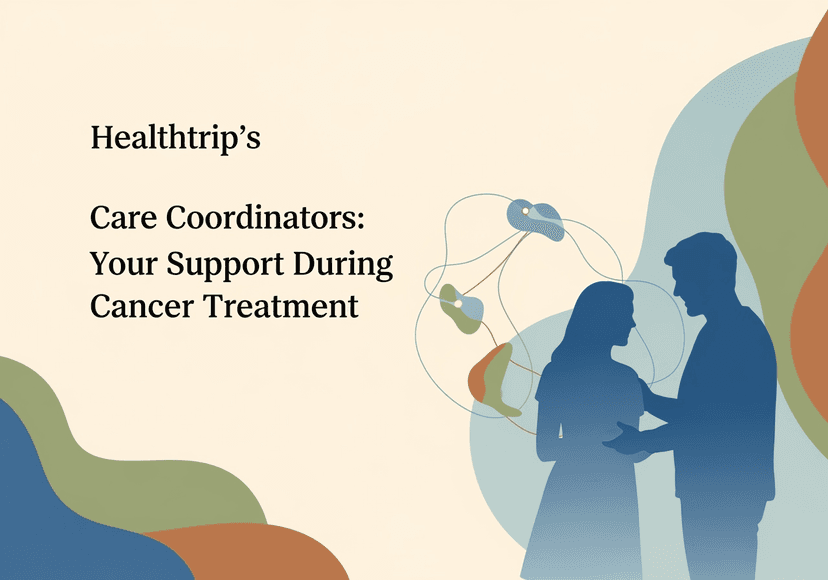
Targeted Therapies in ALLin india : Promising Approaches
01 Dec, 2023
 Healthtrip Team
Healthtrip TeamAcute Lymphoblastic Leukemia (ALL), a cancer that affects the blood and bone marrow, is a challenging condition to treat. However, recent advancements in medical research have led to the development of targeted therapies that offer new hope to patients diagnosed with ALL. In this blog post, we will delve into the promising approaches in the field of targeted therapies for ALL, exploring how these treatments work and their potential benefits for patients.
Most popular procedures in India
Before we dive into the promising therapies, it's essential to understand what ALL is. ALL is a type of leukemia that primarily affects lymphocytes, a type of white blood cell. In ALL, abnormal lymphoblasts (immature white blood cells) multiply rapidly, crowding out healthy blood cells. Traditional treatments for ALL have included chemotherapy, radiation, and stem cell transplantation. However, these treatments can be harsh and often come with significant side effects.
Wellness Treatments
Give yourself the time to relax
Lowest Prices Guaranteed!

Lowest Prices Guaranteed!
1. Tyrosine Kinase Inhibitors (TKIs):
Tyrosine kinases are enzymes that play a critical role in cell signaling and growth. When these enzymes become mutated or overactive, they can drive uncontrolled cell division, contributing to cancer development. In the context of ALL, specific mutations are present in a subset of patients known as Philadelphia chromosome-positive (Ph+) ALL. In these cases, tyrosine kinase inhibitors (TKIs) have emerged as promising treatments.
- Imatinib: Imatinib targets the BCR-ABL fusion protein, a hallmark of Ph+ ALL. This fusion protein arises from a genetic translocation and drives cancer progression by activating tyrosine kinase signaling pathways. Imatinib blocks the activity of BCR-ABL, effectively slowing down the growth of leukemia cells. It has shown remarkable success in improving outcomes for patients with Ph+ ALL.
Dasatinib: Similar to imatinib, dasatinib is a TKI that targets BCR-ABL, but it is designed to be effective against specific resistance mutations that may develop during imatinib treatment. This provides an alternative treatment option for patients who may become resistant to imatinib.
2. Monoclonal Antibodies:
Monoclonal antibodies are synthetic proteins designed to target specific markers on cancer cells, marking them for destruction by the immune system. In the context of ALL, blinatumomab is a significant breakthrough:
Blinatumomab: Blinatumomab is a bispecific T-cell engager (BiTE) antibody that binds to CD19, a protein commonly found on the surface of B-cell ALL. It has shown remarkable success in treating relapsed or refractory B-cell ALL. Blinatumomab brings T-cells in close proximity to leukemia cells, stimulating an immune response that leads to the destruction of cancer cells. This approach has shown substantial efficacy and is well-tolerated by many patients.
3. Chimeric Antigen Receptor (CAR) T-cell Therapy:
CAR T-cell therapy is a groundbreaking and highly personalized approach to treating ALL. It involves modifying a patient's own T-cells to express a receptor that targets leukemia cells. Two prominent CAR T-cell therapies for ALL are:
Tisagenlecleucel (Kymriah) and Axicabtagene Ciloleucel (Yescarta): Both of these CAR T-cell therapies are engineered to recognize and bind to the CD19 antigen on the surface of B-cell ALL cells. After infusion into the patient, these modified T-cells proliferate and specifically target and eliminate cancerous cells expressing CD19. CAR T-cell therapy has achieved remarkable responses in patients with relapsed or refractory ALL, often providing a potential cure for those who had limited treatment options.
4. Small Molecule Inhibitors:
Small molecule inhibitors are drugs that target specific proteins or pathways within leukemia cells. In the case of venetoclax:
Venetoclax: Venetoclax inhibits the BCL-2 protein, which is involved in blocking apoptosis (programmed cell death) in leukemia cells. By blocking BCL-2, venetoclax promotes apoptosis in ALL cells, leading to their death. This drug has shown promise in treating certain ALL subtypes, particularly those with BCL-2 overexpression
.
5. Targeted Therapies for Pediatric ALL:
Targeted therapies are also making headway in the treatment of pediatric ALL, with a focus on minimizing the intensity of treatment and improving outcomes for young patients:
Dasatinib in combination with chemotherapy: Dasatinib, a tyrosine kinase inhibitor, has shown potential when used in combination with chemotherapy for pediatric ALL, particularly in cases with specific genetic alterations. This approach aims to improve the efficacy of treatment while reducing the toxicity experienced by young patients.
Targeted therapies have ushered in a new era of hope for patients with ALL. These treatments offer the potential for better outcomes with fewer side effects compared to traditional therapies. As research advances and more targeted therapies become available, the landscape of ALL treatment will continue to evolve, ultimately improving the quality of life for those living with this challenging disease.
Related Blogs

How Healthtrip Ensures Quality & Safety in Cancer Treatment Procedures
Detailed guide on cancer treatment, featuring doctors, hospitals, risks, recovery,

End-to-End Logistics for Cancer Treatment with Healthtrip's Support
Detailed guide on cancer treatment, featuring doctors, hospitals, risks, recovery,

Healthtrip's Care Coordinators: Your Support During Cancer Treatment
Detailed guide on cancer treatment, featuring doctors, hospitals, risks, recovery,

Healthtrip's Care Coordinators: Your Support During Cancer Treatment
Detailed guide on cancer treatment, featuring doctors, hospitals, risks, recovery,

Top 5 Indian Hospitals for Cancer Treatment
Detailed guide on cancer treatment, featuring doctors, hospitals, risks, recovery,

Post-Cancer Treatment Diet and Lifestyle Tips
Detailed guide on cancer treatment, featuring doctors, hospitals, risks, recovery,










